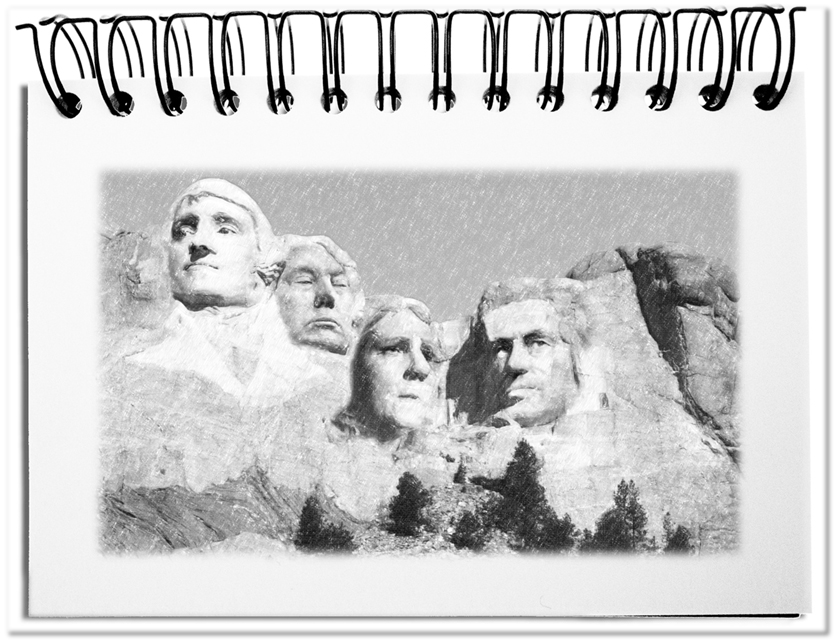All presenters have the same hurdle to overcome. The first eight seconds are the key to further attention. At the very least, the audience remembers primarily the messages that are accommodated in this period. Therefore politicians strive to make effective public appearances during election times. These publicity events serve to convince uncertain and undecided voters that they are right. A clumsy impression costs votes. For this purpose, they formulate their content in a way that creates the desired effect.
It’s easy to observe tactics on TV shows.
- Personal speech tempo
In addition to posture, facial expressions, and gestures, speech expression conveys the speaker’s traits. Dynamic volume, pitch, and emphasis indicate the idea of the candidates. A rapid pace of speech, lack of interruption, and shortness of breath suggest uncertainty and unreliability. Speaking slowly with appropriate pauses conveys composure, confidence, and strong leadership. Since public speaking time is limited, gentle responses prevent especially the number of messages to be delivered and thus the risk of saying something clumsy. - No closed answers
To make clever use of speaking time, interviewers like to have simple yes or no answers, but this would mean that candidates would have to be unequivocal about something – which goes against the opportunistic reasons of wanting to get elected. Instead of a clear answer, the speaking time is filled with standard phrases: e.g., Our voters wish, in all regions of our country, that we the party, the parliamentarians, the members in the states and constituencies to fulfill the expectations, what they elected us for. - Shamelessly demanding what they had not been done until now
As long as an election extends what has been done before, those up for re-election can defer any unfinished tasks to the following term. Where it gets complicated is when significant changes are pending. Competitors denounce lack of results and grievances. In this case, it is a good idea to sing from the same song-sheet: e.g. There must finally be an end to this inactivity. We do not need even more regulations. We need to finally implement something. - Reflect allegations
Some accusations regarding the failures of the past years are easy to prove. Explanations would seem like excuses. For this reason, an attack is the best defense. Especially when the new regulations disadvantage one’s clientele. The political opponent is simply indignantly accused of what one has practiced over the years: e.g., We must prevent the political opponent from curtailing the freedom of the voters with new laws and regulations. - Will alone does not bring change
The issues that particularly interest voters only become apparent in the final stages of the election campaign. The publication of one’s election program should therefore take place as late as possible. That way, voters‘ reactions to competing election programs can be used to adapt one’s own. The whole thing is then packaged in statements with We want. The listeners overhear the de facto inactivity based on the declared will: e.g., We are committed to thinking about how best to narrow down the problem in the next few days, and then discuss with everyone how we could find and finance a solution. - Assert as if
As an alternative to the will, you can build the needed keywords into one’s speech. At the same time, they postpone implementation to the day the cows come home: e.g., Climate change is an essential issue for the world. We will set the course so that we are climate-neutral in 25 years. - Just keep talking
Moderators make every effort to avoid the overlong, meaningless answers by repeating the question and, if necessary, interrupting the responders when they lapse into these long monologues. The experienced politicians are no longer put off by this. They include a lengthening phrase and simply continue to reel off their prepared messages: e.g., Let me say this because it is crucial to me. …
Bottom line: If the eight seconds of attention are filled skillfully, listeners remember the prepared statements. By speaking slowly, the small number of words can be better memorized. At the same time, less gets conveyed. If the candidates avoid simple yes-no answers and instead deliver „decisive“ phrases, no one notices that they have not answered at all. Demanding something that could have been done so far shows a lack of respect for the voters who are being fooled in this way. When we listen carefully, we notice the opportunistic, momentary buzzwords. However, unwanted intentions are increasingly packaged with We want – how serious this keeps them is in the listener’s ear. If voters expect specific results, they will be promised – for decades after the next legislative session. The election campaign is a heyday for consultants. Especially coaches teach candidates body language, facial expressions, gestures, and intonation. For us voters, it is essential to keep our attention beyond the eight seconds. This is the only way we recognize the candidates.
!!!Go vote!!!


